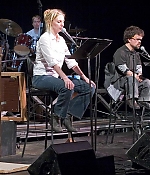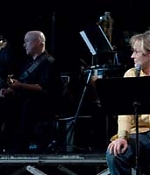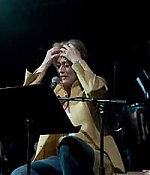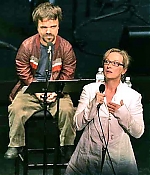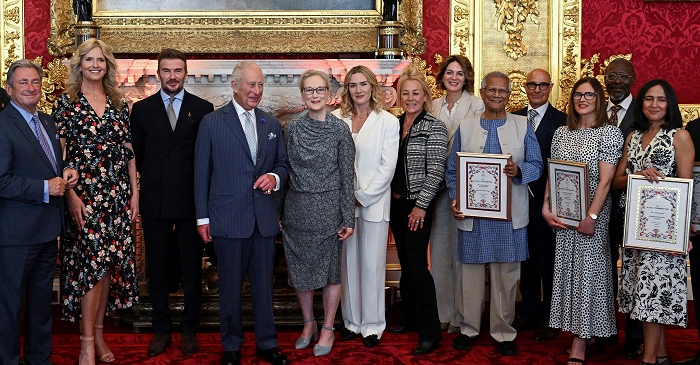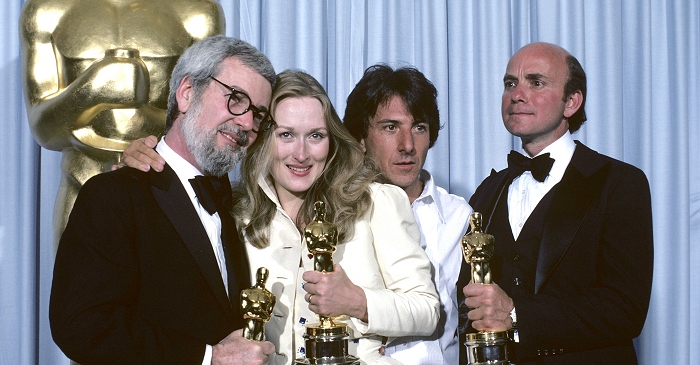|
Simply Streep is your premiere online resource on Meryl Streep's work on film, television and in the theatre - a career that has won her acclaim to be one of the world's greatest living actresses. Created in 1999, Simply Streep has built an extensive collection over the past 25 years to discover Miss Streep's body of work through thousands of photographs, articles and video clips. Enjoy your stay and check back soon.
|
Theater of the New Ear
April 28, 2005 - September 16, 2005
|

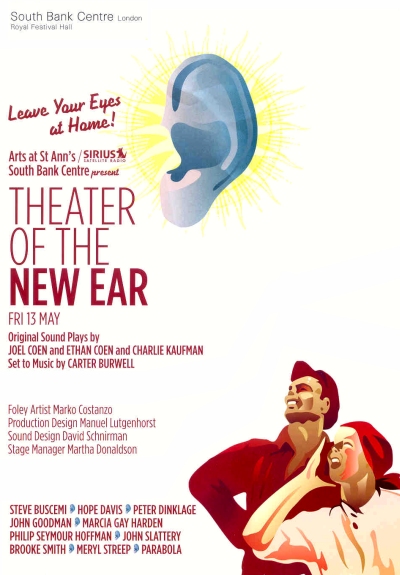
“Theater of the New Ear” was a double-bill “sound play,” a concept dreamed up by compose Carter Burwell, who wrote the score for Being John Malkovich and Adaptation. Charlie wrote one half of the double-bill, the Coen Bros. wrote the other – their play was called “Sawbones.” “New Ear” was performed in New York, London and LA, with actors reading their lines from behind a desk on-stage, accompanied by an orchestra and a foley artist making sound effects – just like the old-style radio plays, before a live audience. Charlie Kaufman’s play, “Hope Leaves the Theater,” follows a middle-aged woman, dissatisfied with her life and relationships, watching a play-within-the-play – and then leaving the play, catching a bus and heading home for some cyber-sex. Actors step in and out of character, there are references to Charlie himself, and the play is as self-referential/meta as anything Charlie’s ever written.


